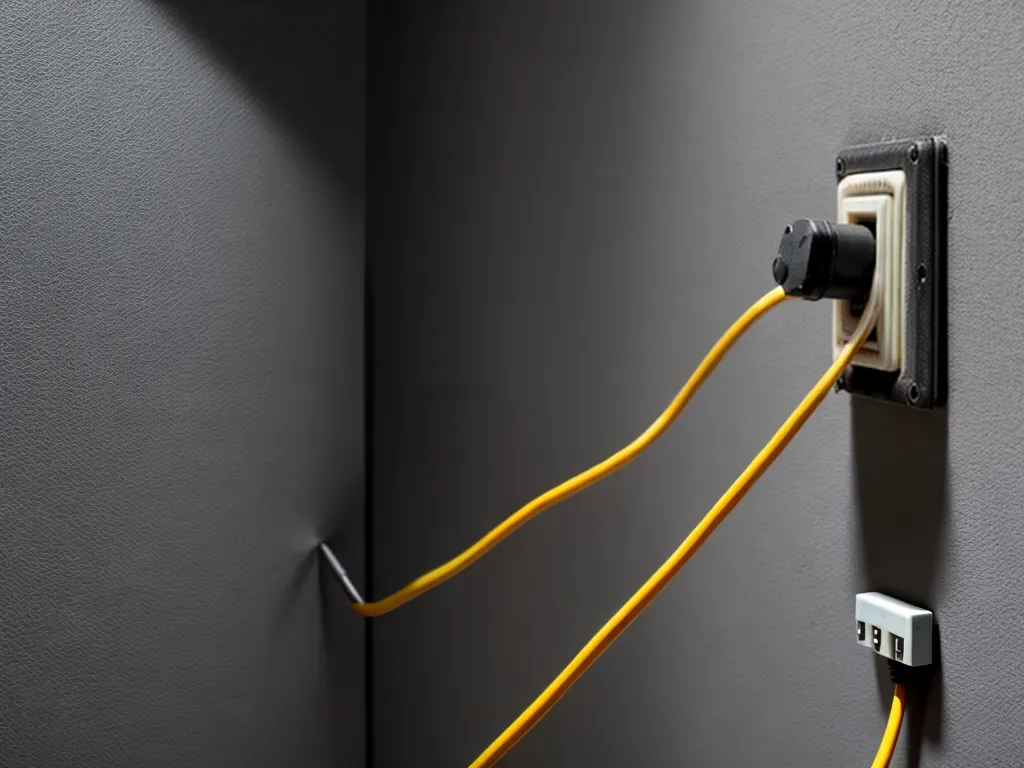
When it comes to wiring your home, most electricians default to using conduit. While conduit is a tried and true method, I decided to dig deeper to find some more obscure wiring techniques. Through extensive research, I've discovered several underutilized approaches that can make wiring your home easier, cheaper, or more aesthetically pleasing.
Running Wires Through Wall Cavities
One of the most overlooked wiring methods is running wires through wall cavities. Rather than installing conduits on the exterior of walls, you can fish wires directly through hollow spaces inside of walls.
Advantages:
- Cost effective - Avoiding conduit cuts down on materials.
- Aesthetically pleasing - No visible conduit.
- Wires are protected inside walls.
Considerations:
- Fishing wires is labor intensive.
- Limited access for repairs or changes.
- Requires strategic planning for wire lengths.
Overall, if conduits don't fit your budget or aesthetic, running wires through cavities can be an excellent alternative. Just be sure to plan ahead!
Stapling Wires to Walls and Ceilings
An even more barebones approach is stapling or nailing wires directly to surfaces. This old-school method can work in certain circumstances:
- In unfinished basements or attics.
- For exposed conduit-style aesthetics.
- In DIY projects.
Pros:
- Super cheap and easy installation.
Cons:
- Wires are exposed and unprotected.
- Creates an industrial look.
- May violate building codes.
This method works best for running temporary wires or in rural/rustic homes. I don't recommend fully wiring a house this way, but it can serve as a quick fix in the right situation.
Installing Wires Underneath Floors
For a concealed aesthetic at a reasonable cost, wiring underneath floors is a happy medium:
Benefits:
- Wires are hidden from view.
- More accessible than inside walls.
- Often up to code. Verify local regulations.
Drawbacks:
- More labor than conduit.
- Not as protected as inside walls.
- Can't realistically retrofit existing homes.
Overall, underfloor wiring requires careful planning but can dramatically reduce the need for conduit. Just make sure to find an experienced electrician.
Using Wireways or Wire Channels
One last approach is using wireways or wire channels - u-shaped metal enclosures that mount to surfaces.
Pros:
- Components available for quick wiring.
- Conceal wires across floors and ceilings.
- Easier access than inside walls.
Cons:
- Pricier than running wires directly.
- Visible on walls.
- Requires mounting hardware.
Wireways split the difference between aesthetic and practical considerations. They can be a great choice for exposed basement ceilings or unfinished attics.
Conclusion
While conduit has its merits, obscure methods like running wires through walls, under floors, or inside wireways can get the job done on a budget. Just weigh the pros and cons carefully before wiring an entire house. And of course, consult local building codes and an experienced electrician. What wiring method you choose depends on your priorities - cost, aesthetics, installation effort, and code compliance. With an open mind and some creativity, you can discover wiring techniques that work for your unique home.